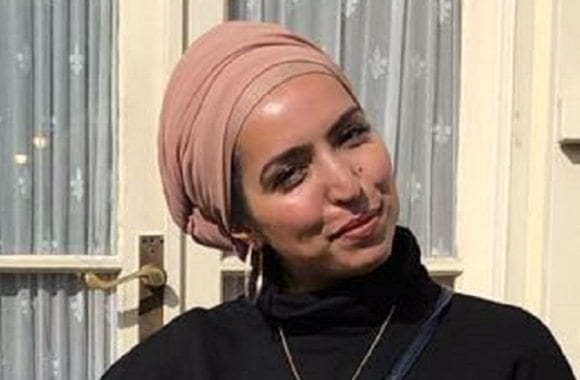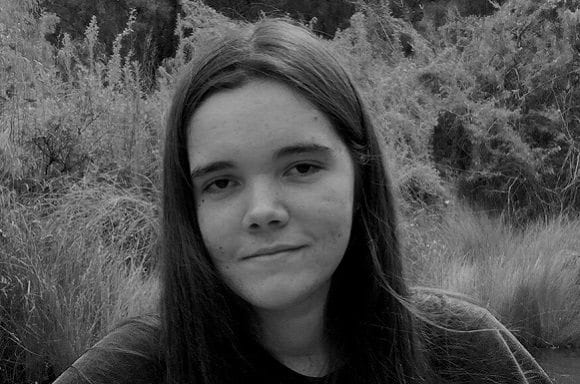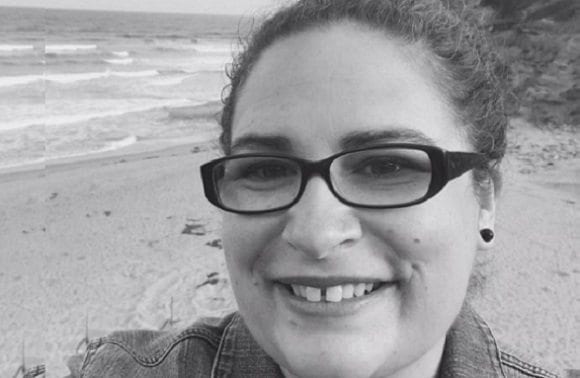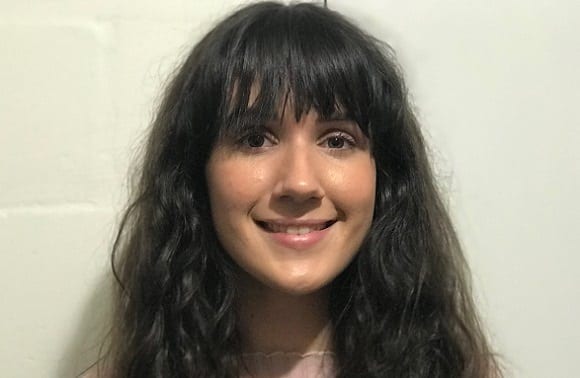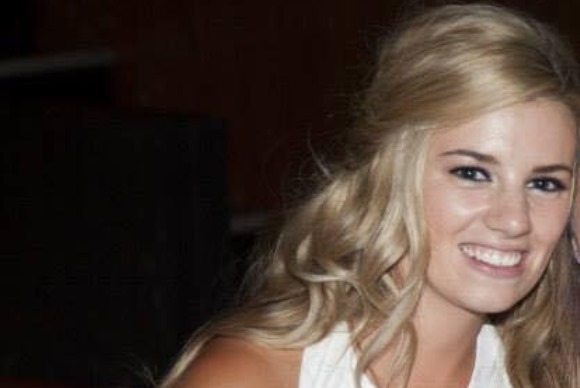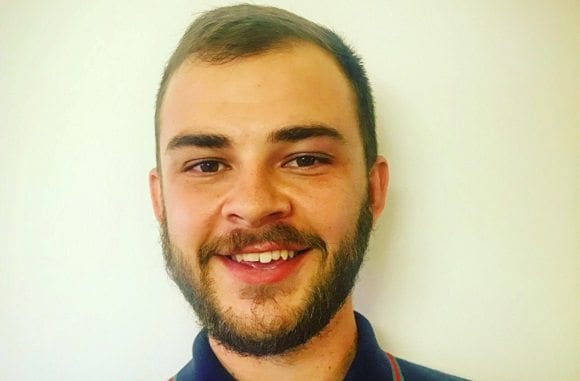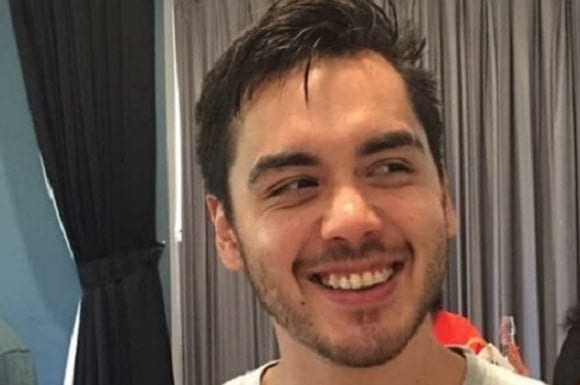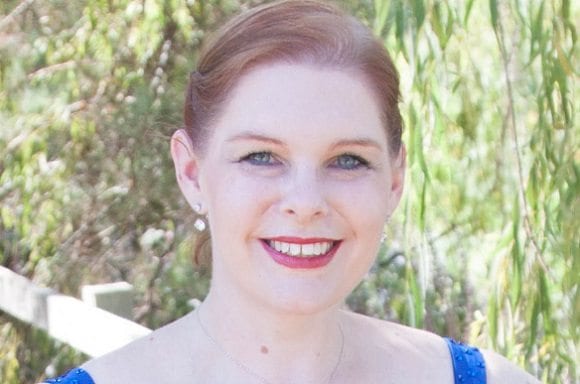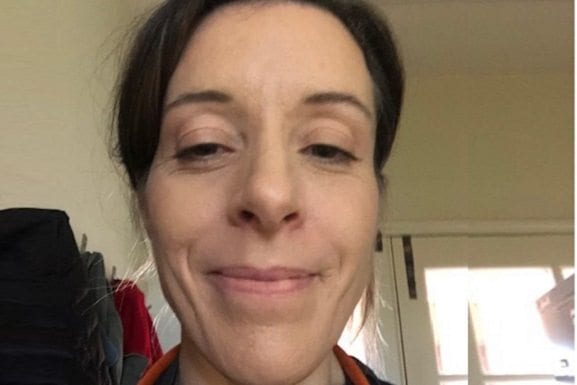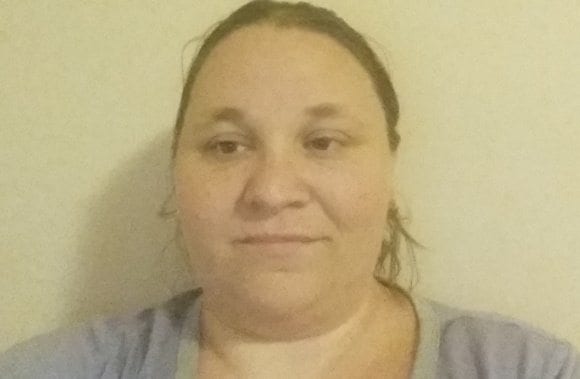As a future Aboriginal dental practitioner, my overall aim is to dedicate my time into eradicating the oral-health inequity within the remote Aboriginal communities. The disturbing reality is that despite living in a developed world, our communities are often neglected when it comes to simplest of resources. Knowing my people have poor oral health due to lack of preventable dental care has fueled my drive to becoming a dentist. As an aspiring future health professional, I believe that treatment and prevention is the way to close the gap. The poor oral health related quality of life can be optimised by simply implementing oral health education as well as providing good quality dietary advise.
Read more >When I become a qualified medical practitioner my major hope is to work with the Indigenous population in both a rural and urban setting. In high school and my first year of medicine, I learned a lot about the gap in life expectancy between Indigenous and non-Indigenous people and I was appalled at the statistics. Being an Indigenous doctor I hope to become a role model for my people and contribute as much as I can to closing his gap within my lifetime.
I know that for many Indigenous people, especially in remote areas, the health system can be daunting, and filled with institutionalised racism that is hard to avoid.
Read more >After a very rewarding fifteen year career with the Education Department of Western Australia, I have been successful in applying to study a Bachelor of Nursing through Deakin University; they have a very supportive mode of study run through their Institute of Koorie Education. Much of the decision to become a nurse has been as a result of working with an amazing bunch of passionate, dedicated and highly professional nurses since I have recently started working in a Social Support role (Aboriginal Care Coordinator) at the Derby Renal Health Centre.
Read more >My mother, a faithful Christian and a Kamiloroi woman, always told me that she did not mind what I chose to do with my life so long as it honoured God and I did it to the best of my abilities, serving others and being an exemplar of good attitude and work ethic. She taught me that my personal success does not rely on wealth, position or fame, but on character, reputation, dedication and the extent to which I am able to uplift others – what I give, not what I get. I considered a variety of career paths, but found myself drawn to health science as I believed it to be an area in which I could succeed and be satisfied, and an area which depicted the heart of what my mother taught me.
Read more >I have previously been successful in being offered a scholarship for your organisation in the years of 2014, 2015, and 2017 for my Bachelor of Health Science (Mental Health), the opportunity really did help me be able to see the end of my degree. I was very grateful I was offered the scholarship and be able to meet all of the amazingly kind people I did while on that journey.
Read more >I plan on spending most of my efforts as a future Public Health (PH) Physician by taking interventions that are seen to be effective in research and practically translating these interventions into communities in a culturally safe manner. At my time at the Redfern Aboriginal Medical Service (AMS), I was advised by an Indigenous GP that Aboriginal Australians are some of the most researched people on the planet, however the direct benefit of this research back into community still goes astray. Thus, having connections with Australian Indigenous Doctors Association, Leaders in Indigenous Medical Education, Menzies School of Health Research, as well as other Indigenous Australian health workers, as a PH Physician I can help make this a reality.
Read more >I currently already have a great deal of passion working with Indigenous people. The passion stems from seeing the issues my family have had to endure with their physical, emotional and spiritual health. I also have firsthand experience of the problems facing Indigenous people in the top end, as I work as an Aboriginal Heath Practitioner in the front-line of the clinic addressing the very personal issues with patients that I encounter. I have developed a very strong bond with many community members in the Darwin area and I wish to carry this service on into medicine where I can better promote the need for Indigenous health as a Doctor.
Read more >In 2015, I completed my bachelor of nursing degree from Monash University with the intention of working for a year or two as a registered nurse, growing my knowledge base, attempting all the while to make a difference in the lives that I had the honour of touching. In 2017, my daughter had a late term miscarriage. This event reignited my passion for midwifery and highlighted the need for more Aboriginal midwives.
As an Aboriginal midwife, I aim to contribute to my community by enabling Aboriginal women to get the most appropriate prenatal and antenatal care possible. This may be achieved by ensuring women are made aware of the services available to them in a culturally appropriate manner.
Read more >I am passionate about working in, and making a difference to health outcomes for Aboriginal and Torres Strait Islander peoples. I am aware that the health disparities faced by Indigenous peoples are broad and complex. Health literacy and opportunities to access resources supportive of living a healthy lifestyle can build a positive health culture among Indigenous people and communities.
Read more >I hope to contribute to improving Indigenous health when I complete my degree by working within the health sector advocating for and supporting Indigenous people within the healthcare setting. I am passionate about closing the gap and believe this can not be done without using knowledge from our ancestors and understanding our cultural worldview and continuing and progressing with a full holistic approach.
I want to do further research in to the inter-generational mental health effects of family members with chronic diseases within Indigenous communities and the differences between those who require hospitalisation away from their communities.
Read more >